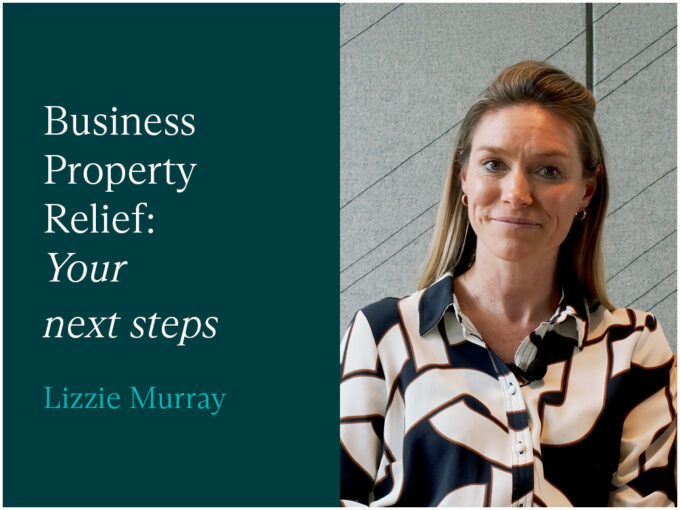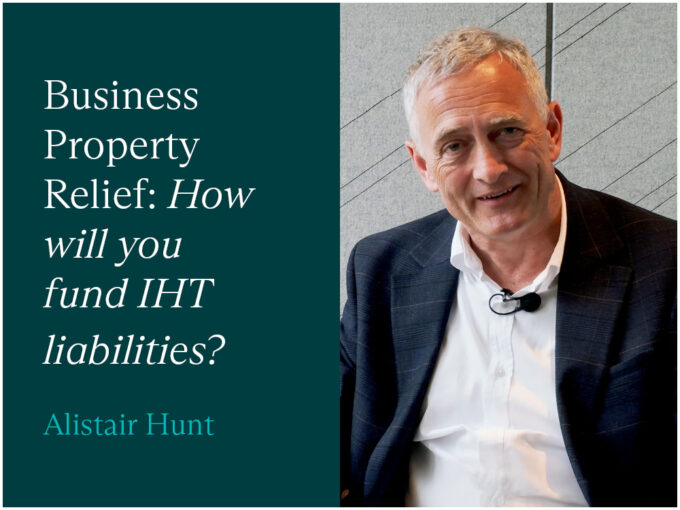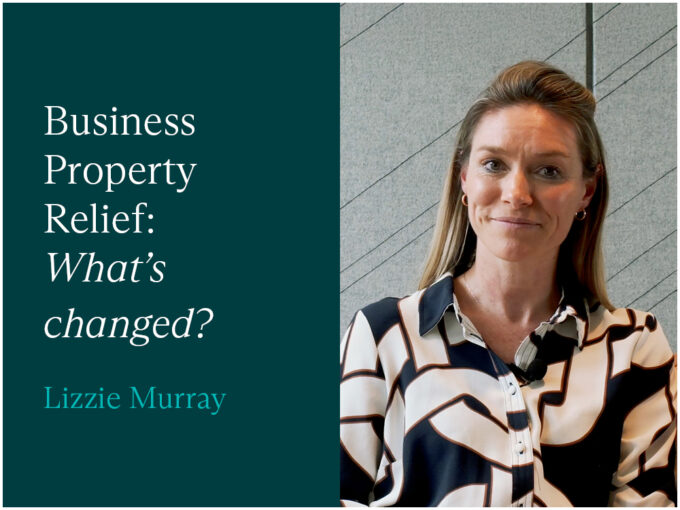It never ceases to surprise how in the world of tax a simple question can have a very complicated answer.
The question posed in the recent decision in The Boston Consulting Group UK LLP & others v HMRC takes a couple of lines to summarise: “…the Appellants’ case is that payments received on disposal of the Capital Interests should be taxed on a capital gains tax basis. In contrast, HMRC say that the payments should be taxed as income…” but 71 pages to answer (we have of course oversimplified this summary).
Partnerships and tax
In general terms, it’s well-understood that an LLP (or a partnership) is in most circumstances treated as transparent for tax purposes. In this way, the goodwill and other capital assets are treated as owned by the members (partners) and any disposal is taxed on them as individuals. In most cases, the disposal will be taxed to capital gains tax (CGT) rather than income tax, whether or not it’s the individual capital assets of the business which are sold or the members’ interests in the LLP itself. Transactions structured in this latter way have become more common in recent years, although in an example from previous times, the acquisition of the members’ interests in an LLP was said by the lawyers acting for the buyers – a highly regarded firm – to be “too complicated” to transact.
The tribunal decision
The decision of the tribunal that the sale by members of the LLP in Boston Consulting should in principle be taxed as income might then appear on the face of it to be a surprising one. (‘In principle’ because some technical failings on the part of HMRC meant that in fact the members were largely successful in their appeal).
However, there was more to the facts in Boston Consulting than the straightforward sale of assets of or members’ interests in the LLP. Rather, in something more akin to the long-term incentive plans (LTIPs) found in corporates, individual members acquired ‘capital interests’ on admission as members and on retirement sold these interests to the LLP’s corporate member. On top of this, the value of the capital interests reflected not just the value of the LLP itself but also the global business of which the UK activities were just a part. The members hoped the sale would be taxed to CGT; the taxman, and more importantly the tribunal, said not.
Hidden away in the tax legislation are two sets of rules. One taxes ‘miscellaneous income’ and the tribunal was happy to conclude that these rules applied to tax what were essentially a part of the individuals members’ ‘remuneration or compensation for services’ and not the capital disposal of an asset. The capital interests were not, in the view of the tribunal, interests in the capital of the LLP at all; any increase in their value was simply the means by which income receipts in the hands of the members were to be calculated. Alternatively, the tribunal said that the ‘sales of occupational income’ rules applied with the same effect.
One is left to wonder whether calling them ‘capital interests’ was perhaps the source of confusion. Had they been described from the outset as ‘members’ long-term bonuses’ then the confusion may have been avoided (again, we are over-simplifying here). It does look as if the lure of the tax alchemy of turning income into capital with tax rates as much as 37% lower was simply too much to resist.
Final thoughts
Are there any lessons to be learned? For the straight-forward sale of an LLP or partnership I would say not, it is business as usual although of course it always pays to be careful in the structuring, which is where proper tax advice comes in. Where what you’re looking at isn’t part of a discrete transaction relating to the business as whole, but connected with the ongoing remuneration of the members, even if over a prolonged period and in a way that appears to be connected with the ownership of capital assets, then Boston Consulting is a warning that what may seem very appealing may not be as easy to achieve as you might think.
If you’d like to discuss any of the issues raised above, please get in touch with Mike Hodges.
Contact Us
Partner, Manchester
Key experience











